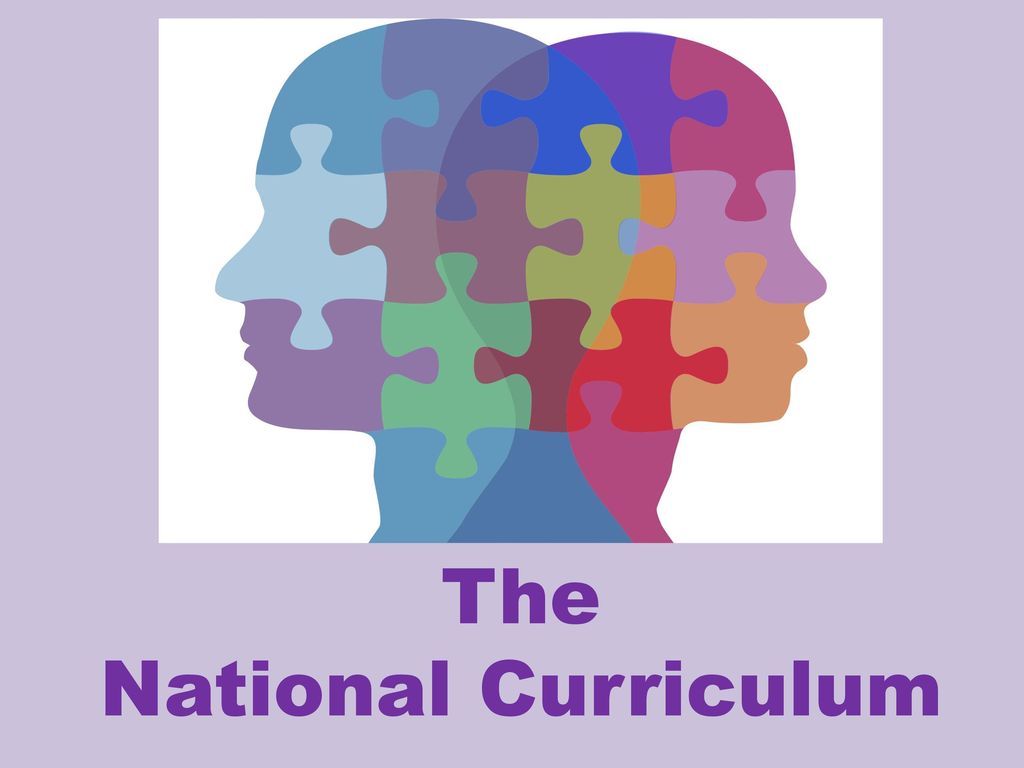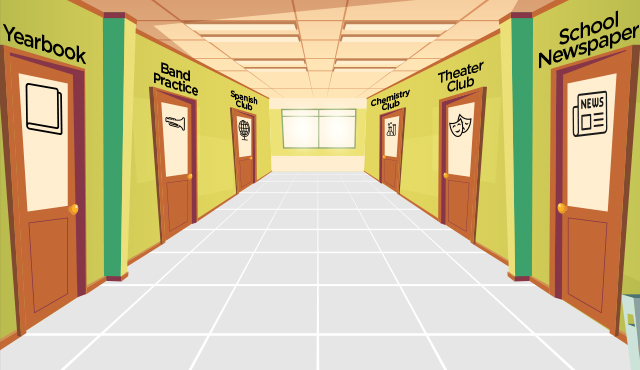 Education has its roots in a word used to describe the development of a child (leading away from naivety, would be my interpretation). In schools and universities education is generally considered to be a formal process through which a student develops his/her mind. At school in England, this is achieved primarily by teachers delivering "The National Curriculum", a series of topics that are both required and optional. The topics and levels of challenge are linked to the Key Stages (KS), with KS5 being the highest level, typically leading to qualifications (associated with learning pathways) including A levels and BTECS. The decision to place a student on a particular pathway is reached following an evaluation of each student's aptitude, suitability and academic track record. Once you enter Y7, it is the priority of a school to support their cohort of students, enabling each one to achieve their potential; and more besides!
Education has its roots in a word used to describe the development of a child (leading away from naivety, would be my interpretation). In schools and universities education is generally considered to be a formal process through which a student develops his/her mind. At school in England, this is achieved primarily by teachers delivering "The National Curriculum", a series of topics that are both required and optional. The topics and levels of challenge are linked to the Key Stages (KS), with KS5 being the highest level, typically leading to qualifications (associated with learning pathways) including A levels and BTECS. The decision to place a student on a particular pathway is reached following an evaluation of each student's aptitude, suitability and academic track record. Once you enter Y7, it is the priority of a school to support their cohort of students, enabling each one to achieve their potential; and more besides! But education isn't a passive process. It is a shared experience, in which each student assimilates taught material and builds on it with independent study. Students are also encouraged to develop their own personalities, both mentally and physically, through activities ranging from chess, through playing a musical instrument, to the many different types of sport. When you leave school, you will be a product not only of your family and home life, but your experiences at school(s) and your own personal achievements.
But education isn't a passive process. It is a shared experience, in which each student assimilates taught material and builds on it with independent study. Students are also encouraged to develop their own personalities, both mentally and physically, through activities ranging from chess, through playing a musical instrument, to the many different types of sport. When you leave school, you will be a product not only of your family and home life, but your experiences at school(s) and your own personal achievements.This is where Extended Project Qualifications (EPQs) come in. I assume there are at least a few things that you really like in the National Curriculum? I became fascinated by enzymes when I was in the sixth form: my Chemistry teacher gave us an "off curriculum" lesson on the properties of enzymes in Y12, and I just had to go away and find out more. In those days, that meant a trip to the local library. This is the beginning of an EPQ. First identfy a topic of interest and then pose a question. The topic can come from any of the following general areas of study, which include:
Arts [Music, Art, Literature, Classics]
Humanities and Social Sciences [History, Geography, Linguistics and Language, Societal Issues, Philosophy, Psychology]
Healthcare [Medicine, Dentistry, Veterinary Science]
Engineering [Mechanical, Electronic, Civil, Chemical, Automotive, Aeronautical]
Science [Chemistry, Biology, Physics, Mathematics, Psychology]
Here are some ideas to get you thinking.
Arts
Why has the contemporary electric guitar become such a key instrument in popular music?
Should music be considered a computer language?
Why do some people prefer instrumental music over music accompanied by the human voice?
How can you compare the aesthetic appeal of Michelangelo with Lucian Freud?
Compare the media used by artists over the centuries
What motivates artists to interpret the world, from the wonder of Nature to the brutality of War?
Choose an author and discuss how their work(s) have had an impact on the world. (You could choose Dostoevsky, Shakespeare, Dickens or more contemporary authors like Orwell, Tolkien or Rowling).
Humanities and Social Sciences
Choose a period you like in history and dig deeper and use the knowledge to address a contemporary issue.
How has modern Britain (or Liverpool) been shaped by its History and its Geography?
Are there lessons that we can still learn from reading Plato?
Has the experience of Covid-19 changed your perspective on the world?
Has the experience of Covid-19 highlighted any shortcomings in our global society?
Should we all learn more than one language? If so, which ones?
Healthcare
The cost of Healthcare in the UK is getting increasingly difficult to fund through taxes, but why does the human race care so much about sick people?
The 1918 Spanish flu killed around 5 million people worldwide. Have we learnt lessons from it? Focus on the challenges faced and met by New York in 1918.
How strong is the evidence that supports the culling of badgers as a means of controlling TB in cattle?
Some people believe fluorides should be added to tap water: some do not. What are the pros and cons for dental health?
How can we make the world a better place for people suffering from dementia related diseases?
Engineering
Discuss the role played by engineers in supporting space travel and communications (both or one) in the future.
Covid-19 has shown that we all live and work too close to each other. How could you design schools to meet the challenge of a world threatened by viral infections?
Science
Choose a difficult topic and describe how you would explain it to the public through a range of different "channels" (podcasts, blogsites, infographics etc)
Take a topic of interest and find out what challenges science faces in this area
Molecules to Market project: develop a business idea around a particular science idea/concept
These are by no means meant to be the only EPQ topics, they are just ideas that I thought of while writing.
I would invite you to suggest an idea/topic and then we can discuss it and develop it, in a way that captures your enthusiasm and at the same time enables you to produce a thought provoking narrative.
No comments:
Post a Comment